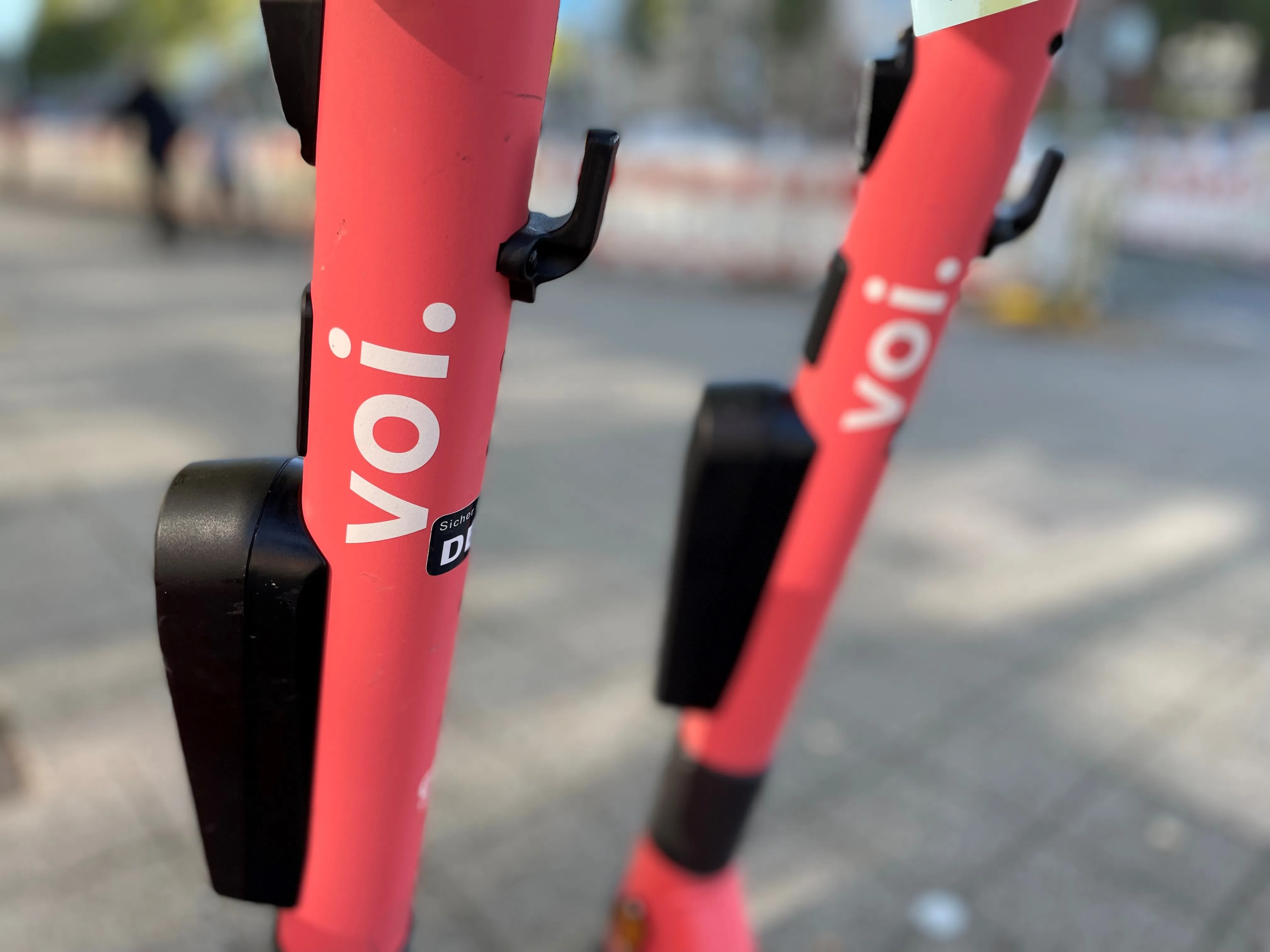
A new zero-emission zone (ZEZ) in the UK city of Oxford is charging drivers £2 to £10 per day depending on their vehicle's emissions levels.
Oxford City Council says all petrol and diesel vehicles, including hybrids, will incur a daily charge unless eligible for a discount or exemption.
Discounts are available for Blue Badge holders, disabled tax vehicles and selected low emission hybrid private hire and Hackney carriage vehicles (taxis). Exemptions will apply to taxis licensed by Oxford City Council, registered local buses and emergency service vehicles.
Zero-emission vehicles, such as electric vehicles, can enter the pilot area free of charge.
The ZEZ will operate from 7.00 am to 7.00 pm all year round. Automatic number plate recognition (ANPR) cameras have been installed to enforce the zone.
The pilot is expected to allow the city council and Oxfordshire County Council to gain insights before introducing a larger ZEZ covering most of Oxford city centre next year, subject to further public consultation.
Tom Hayes, deputy leader and cabinet member for green transport and zero carbon Oxford, at Oxford City Council, says: “For five years the city council and I have been engaging with businesses and citizens to develop the zero-emission zone, and I want to thank everyone for sharing their passion for cleaner air and knowledge about how to pragmatically achieve it.”
Duncan Enright, Cabinet Member for Travel and Development Strategy, Oxfordshire County Council says: “Poor air quality is a public health risk for everyone. The ZEZ will reduce toxic air pollution in our city and while making Oxford a safer, cleaner and better place for people who live and work here and for those who visit.”
ZEZ charges for driving a polluting vehicle can be paid up to six days in advance, on the day the vehicle is driven in the zone, and up to six days after the vehicle has been driven inside the zone.
Funds raised by the ZEZ will be used to cover implementation and running costs of the scheme. Any remaining funds will be used to help residents and businesses make the transition to zero emission vehicles, and on other schemes that promote zero and low emission transport in the city.








